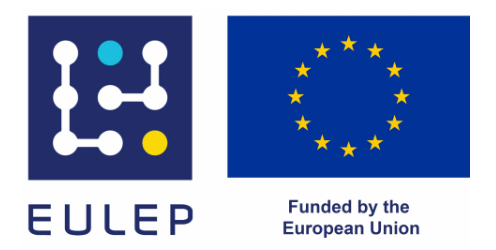In adult education, formerly known as social advancement education, teachers support those who have made the decision to return to school.
Recently, Social Advancement Education (Enseignement de Promotion Sociale) has changed its name: it is now referred to as adult education. This change, approved by the Government of the Wallonia-Brussels Federation, aims to ‘better’ reflect the reality of these schools, where learners, often seeking retraining or integration, enrol on their own initiative. Ardit, a French teacher in adult education, is well aware of the nuances and challenges involved. He shared his experience with Beci.
Adult audience, clear expectations
Adult education is aimed at a very diverse audience, from 16 years old to... no age limit. Motivations vary: career change, improving language skills, looking for a job. ‘We teach adults who choose to be there. It's very different from compulsory education. Students learn because they are capable of learning,’ explains Ardit.
In his classes, he welcomes people who have come to learn quickly, often in a hurry, with very specific objectives in mind. He supports future talents with a wide range of profiles. The teacher emphasises: ‘Many want to become care assistants, nursery assistants or work in residential homes. Others simply want to live more easily in French-speaking Belgian society.’
Language learning and cultural integration
Teaching French to non-native adult learners means teaching the target language, but also what Ardit calls the ‘tool language’: ‘We learn French... in French, in order to master French. It’s both technical and human. The challenge is reintegration, autonomy, and the ability to live and work in French.’
The modules are short – two to five months – and targeted. There is no question of teaching everything or ‘doing grammar for the sake of grammar’. It’s necessary to focus on the essentials and prioritise immediate needs.
But language is only part of the equation. Intercultural issues are omnipresent. ‘In a single class, I sometimes have a dozen different nationalities, each with their own habits and professional cultures,’ the teacher says.
And then there's the discreet but precious sense of fulfilment: ‘When a student comes to see me after several months to tell me that they’ve found a job. Of course, I don’t know if it’s thanks to us... but I like to think that we played a part in their journey.’
Adult education is also a discreet but essential tool for meeting the needs of the Brussels labour market. In this sense, Beci plays an active role through its two continuing education schools: EPFC and CVO Semper, which welcome nearly 30,000 students each year.
